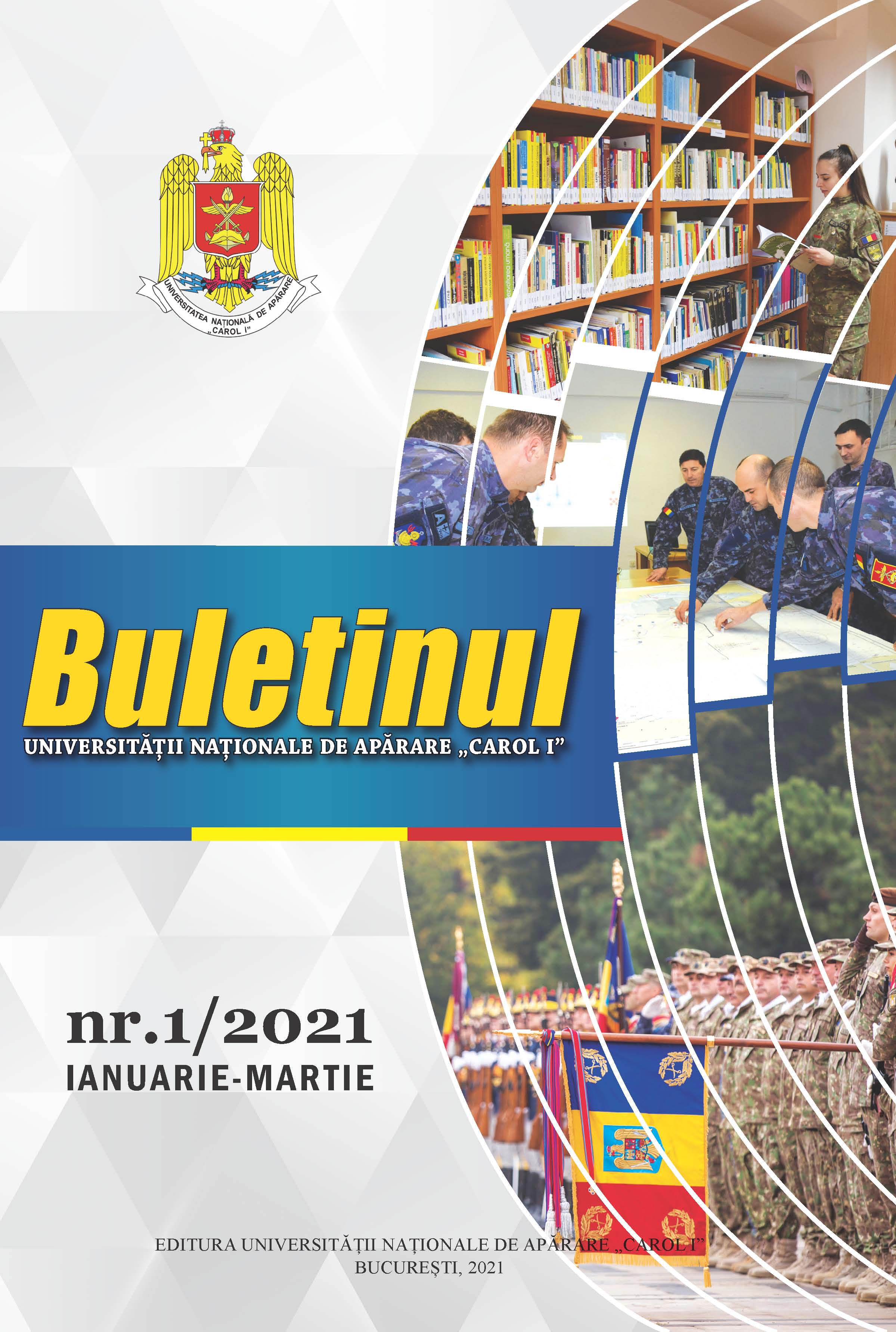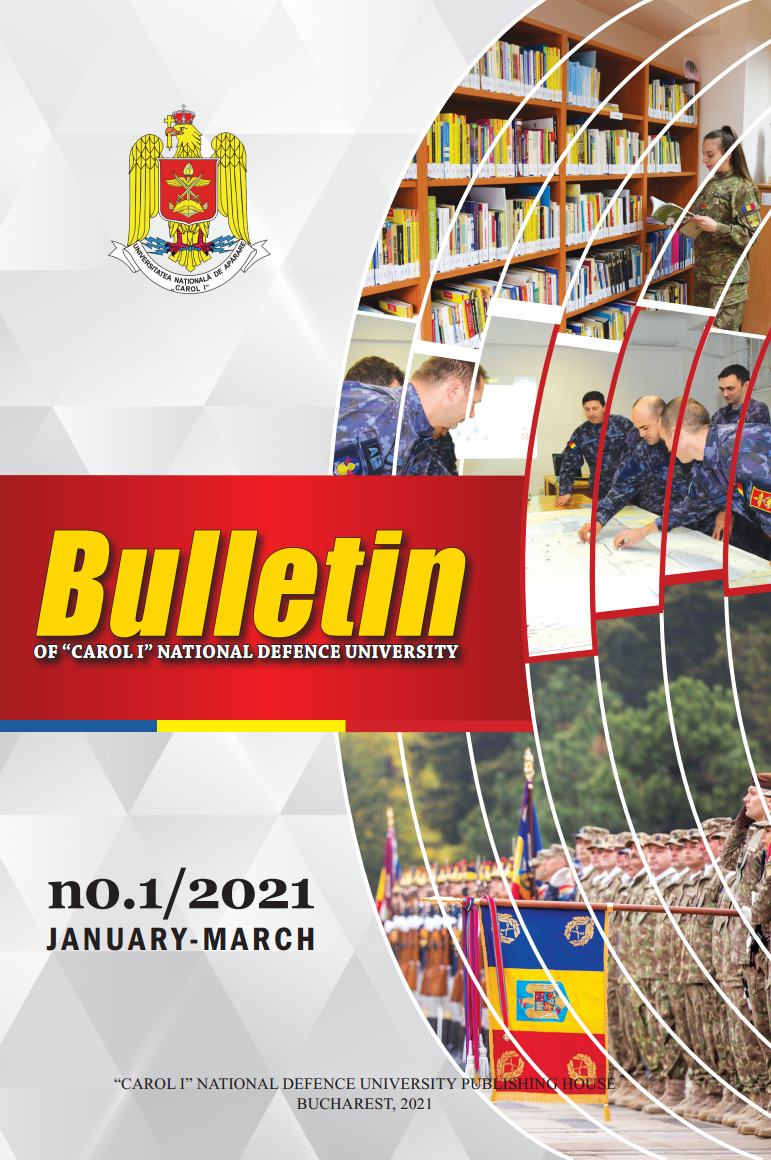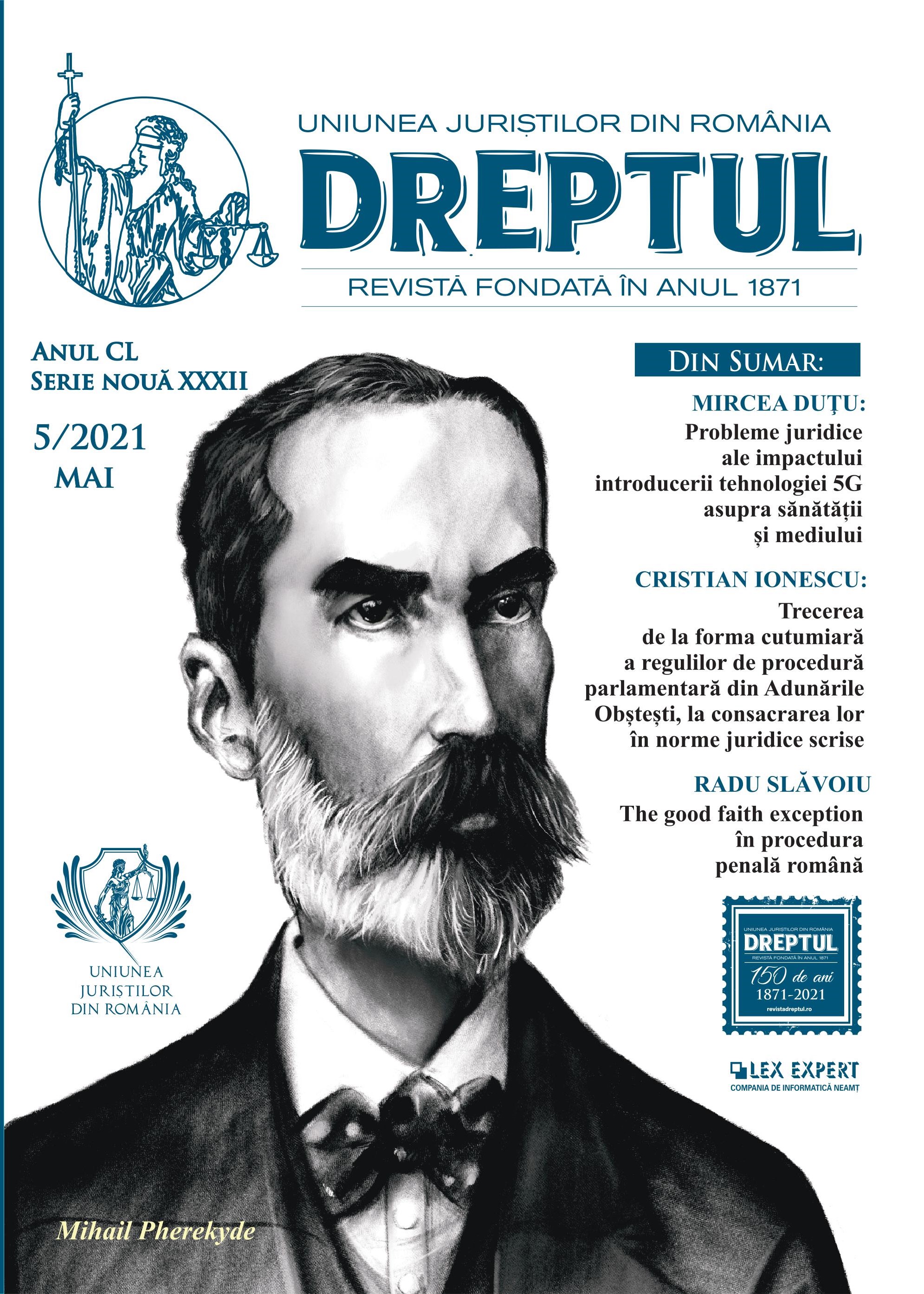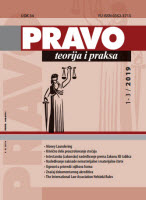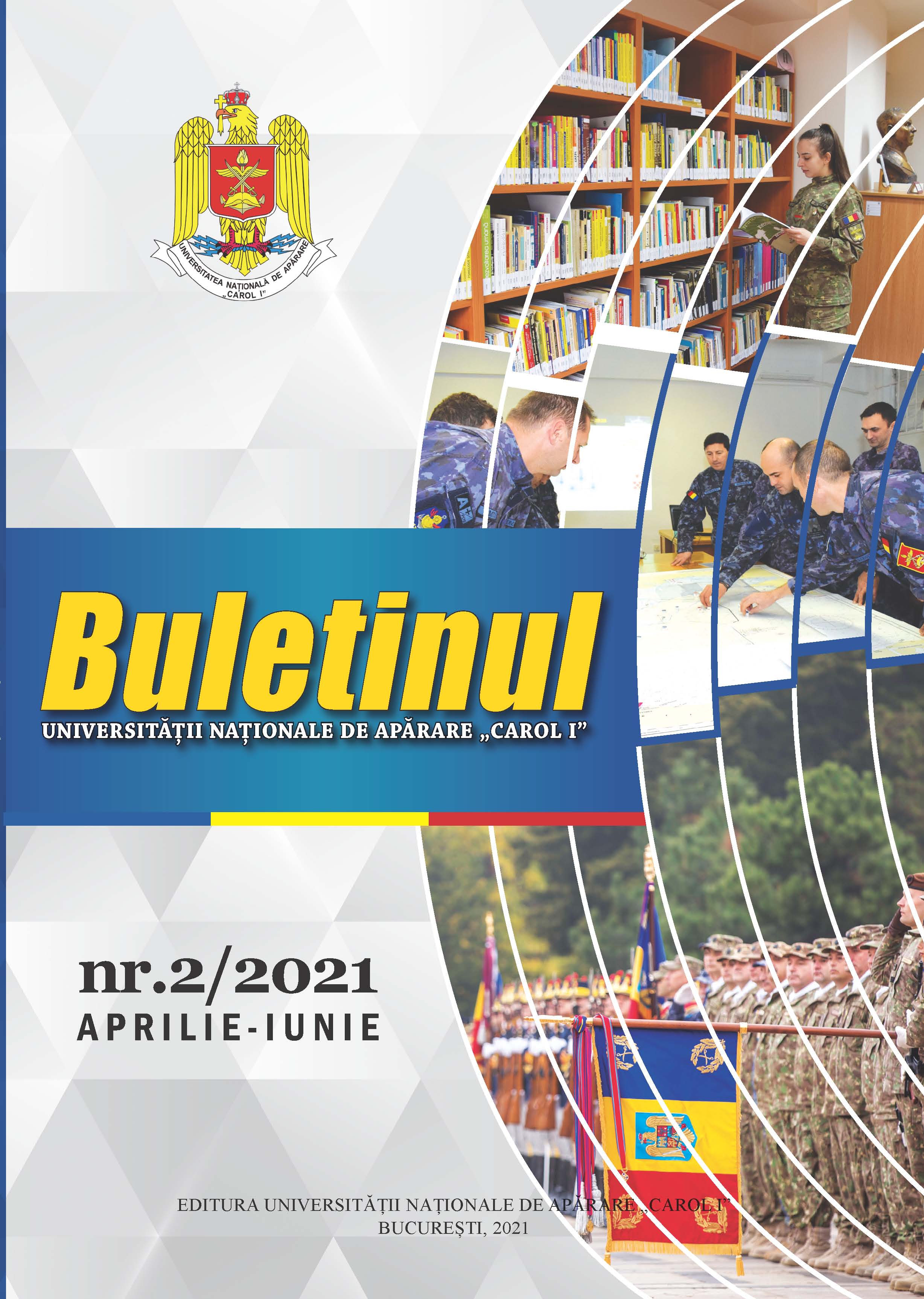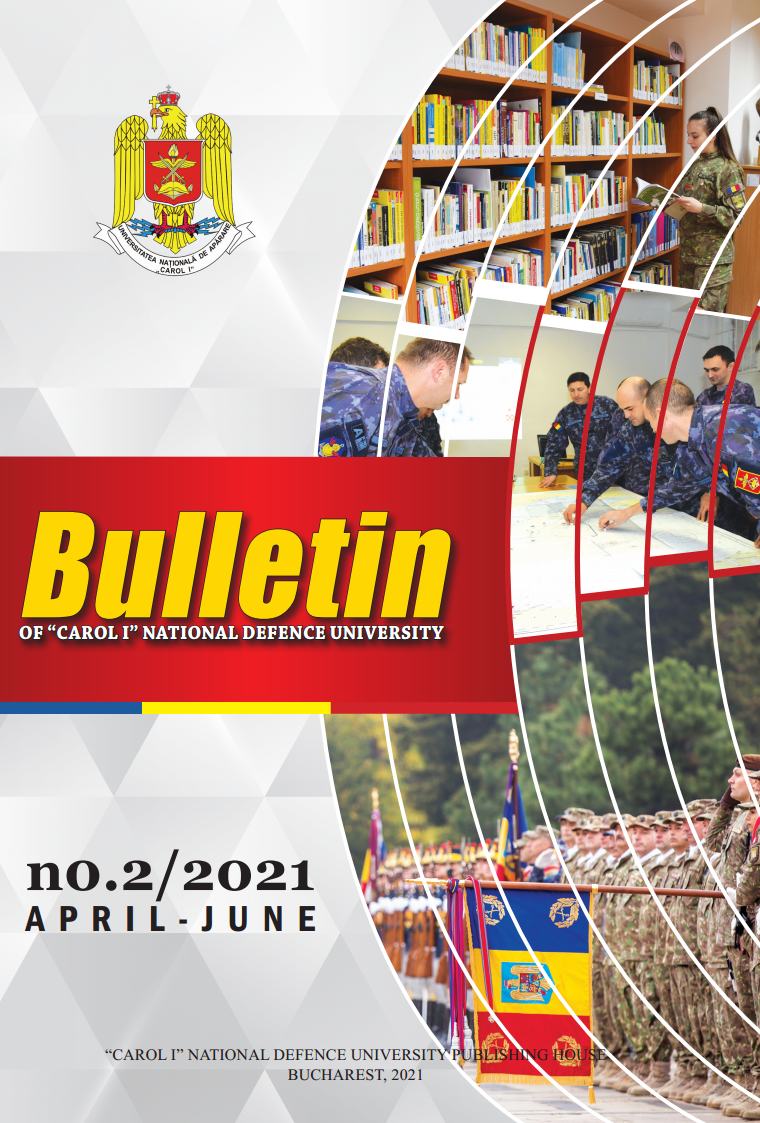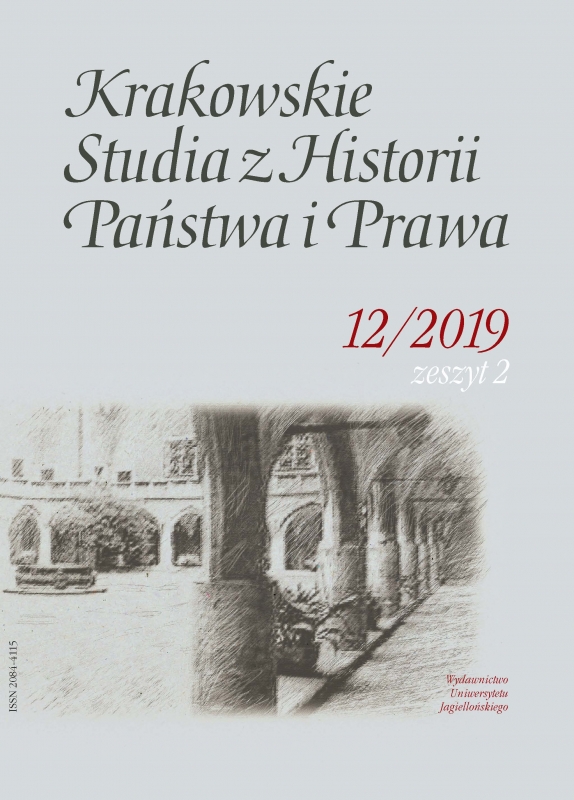Author(s): Wacław Uruszczak,Daniela Szczepaniak / Language(s): Polish
Issue: 2/2019
The article is devoted to three projects focused on establishing international organizations whose aim was to bring about a common peace in Europe. The first of them was worked out at the court of the King of Bohemia, George of Podiebrad, most probably in 1462; the second is mentioned in the treatise authored by French monk Émeric Crucé, andedited in 1623, under the telling title Le Nouveau Cynée; the third, on the other hand, is Grand Dessein,described in the Memoiresof Duke of Sully Maximilien de Béthune, a minister of Henry IV, the first two volumes of which appeared in 1638. The authors of the present study propose to take a new look at the projects under analysis, perceiving in them an attempt to find a remedy for the problem of wars of religion. Hence, the first of them is shown in the context of the Hussite Wars in Bohemia, whereas the other two are shown in that of the Huguenot Wars in France. The thesis is accepted in the article that George of Podiebrad’s project was primarily meant to be an answer to the current political problems of the day which the “Hussite King” was confronted with. The legal solutions included in the project could – as it seems – offer the Bohemian monarch a handy tool facilitating prevention of both a possible mutiny raised by the internal Catholic opposition, and an attack from outside, which, as a result of Pius II’s repealing of the Compactataand George’s refusal to accept the conditions of agreement proposed by the Holy See, could not be excluded. The acceptance of the thesis of political motives behind the propositions offered by the “Hussite King” does not belittle the value of the very project itself, which, in the history of European political and legal thought, was undoubtedly of paramount importance. Of the three peace plans presented here it is only the project put forward by George of Podiebrad that was invested with legal norms, constituting a ready project of an international contract. It distinguished itself against the other projects with its detailed elaboration and the complexity of the proposed solutions. Moreover, as the only one that was well-known at European courts, it became the subject of diplomatic negotiations which raised considerable interest also among its opponents. The latter were led by the papacy, fighting it, as it eventually turned out, with success. Both George of Podiebrad’s project and the Count of Sully’s proposal took into account the establishment of international organisations of regional character which would associate exclusively Christian states, regarding the fight against the Ottoman Empire as one of the more significant goals of their existence. Only the project by Crucé, which – contrary to the other two was written not by a politician, but by a thinker – assumed bringing peace in a universal dimension, including all the sovereign states of the world. The innovatory approach of Crucé’s proposition consisted in acknowledging as the fundamental one the idea of expected binding the members of the projected organisation by freedom of trade exchange which would be guaranteed in the global dimension”. For the authors of all the aforementioned peace plans the institutional factors uniting the states associated in the organizations to be established were to be commonwealth organs, among which a particular place was to be assigned to organs capable of settling conflicts between states. They can be considered to be a prototype of a contemporary international judiciary. The projects in question were founded on the principle of formal equality of sovereign states, which was accepted as the basis of international relations in the Peace of Westphalia in 1648. Furthermore, they introduced the principles of renouncing war and accepting the peaceful settlement of conflicts in mutual relations, and of striving for the creation of a system of collective safety. In this way they evidently went beyond the canons of the epochs in which they were created, and some of the ideas lying at their foundations did not materialize until the 20th century.
More...
